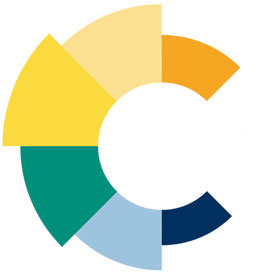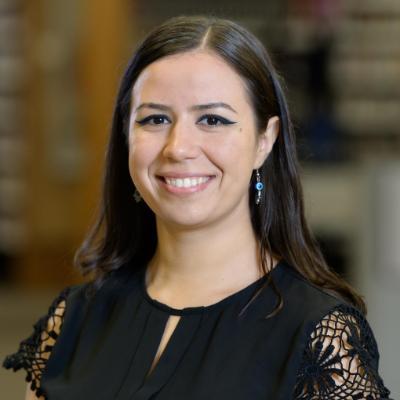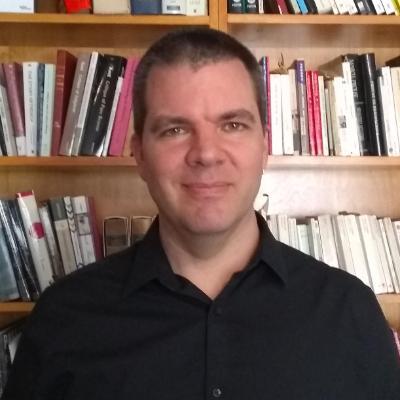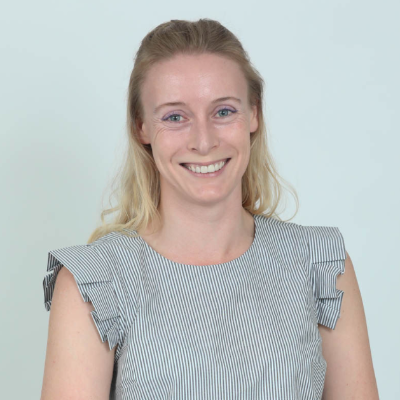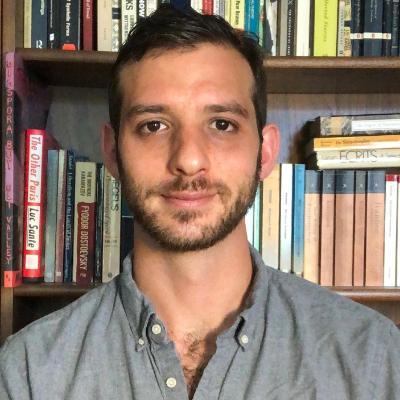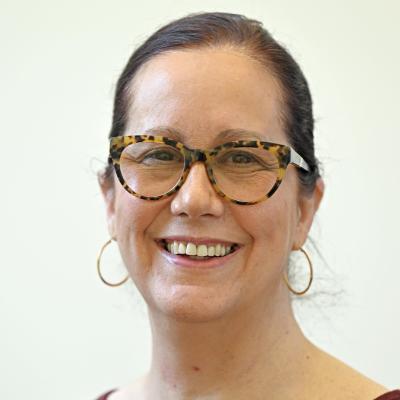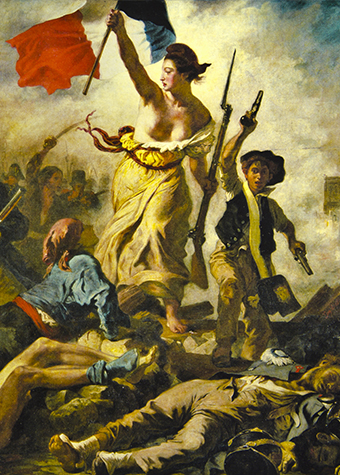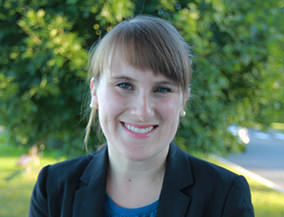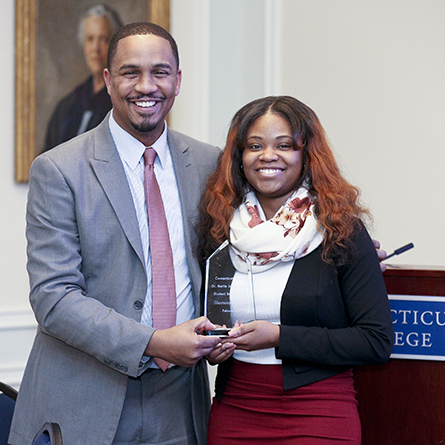Majoring in French
Major in French at Connecticut College and you will develop linguistic and cultural fluency, regardless of your starting point. The benefits of studying French extend far beyond knowledge of the language and the Francophone world. When you speak only one language, it's hard to grasp the extent to which language itself shapes our thoughts, perceptions and values. As a French major, you step outside your own linguistic framework and acquire a different view of the world. You learn to recognize and value cultural differences and to look at issues from different perspectives. With this understanding, you are well-prepared for advanced studies and career opportunities in a limitless range of fields.
Special opportunities
Many courses are co-offered with other academic departments, including anthropology, film studies, and gender and women’s studies. Classes are small and faculty are attentive. You are challenged to hone your critical thinking skills and augment your language study with the perspectives and analytical modes of many disciplines. Some French majors pursue a certificate with one of the College's centers for interdisciplinary scholarship or with the museum studies program.
International opportunities and study abroad
You can hone your language skills on campus in the language lab or at the French table in Knowlton Language House's international dining room. As a French major, you study abroad for at least one semester and possibly an entire year. Many students go to France, but in recent years, others have studied multiculturalism and human rights in Tunisia and Morocco, literature and native crafts in Senegal and Cameroon, family health and economic development in Mali, and environmental issues in Madagascar.

